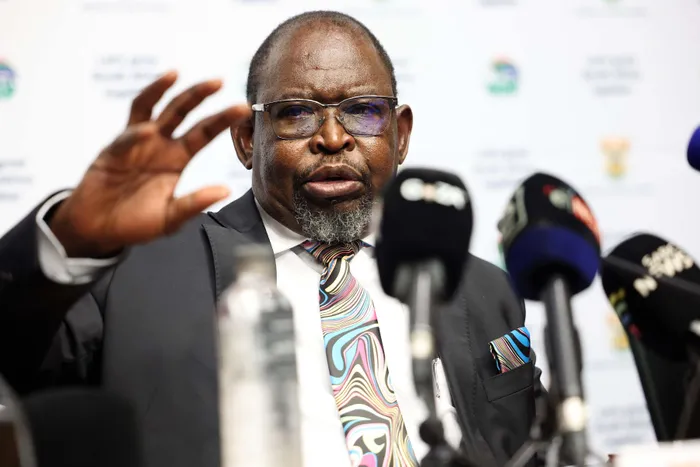South Africa's budget 3.0 predictions: tough choices lie ahead

Frank Blackmore, Lead Economist at KPMG South Africa, has highlighted a key takeaway: the anticipated increase in Value Added Tax (VAT) will no longer materialise, forcing the government to recalibrate its revenue expectations.
Image: GCIS
As South Africa braces for the upcoming budget 3.0, industry experts are closely examining the fiscal landscape, drawing attention to the critical decisions poised to impact the nation's economic future. Frank Blackmore, Lead Economist at KPMG South Africa, has highlighted a key takeaway: the anticipated increase in Value Added Tax (VAT) will no longer materialise, forcing the government to recalibrate its revenue expectations.
Previously outlined in budget 2.0, the revenue anticipated from a VAT hike has now vanished. This development poses significant implications for the government's fiscal targets, particularly its commitment to achieving fiscal consolidation. Without the ability to increase public debt through borrowing to meet expenditure needs, the government finds itself cornered, necessitating cuts across various sectors.
The pressing question, as noted by Blackmore, is: “Where will these expenditure cuts occur?”
With growth remaining a paramount objective for the budget—central to enhancing employment rates and boosting GDP—the government must tread cautiously. The infrastructure spending, fundamental to fostering long-term economic growth, cannot be sacrificed. Likewise, with a strong focus on the social wage, cuts to public services and grants are also off the table. This leaves limited avenues for budget slashing, underlining the complexity of the government's predicament.
“As we look forward, there are numerous opinions regarding potential cuts,” Blackmore stated. “We anticipate scrutiny around the size and costs of the state, provoking essential debates on where reductions should take place.”
In the interim, the potential for policy adjustments remains in play. The proposals unveiled in budget 2.0 aimed at mitigating the impact of the now-derailed VAT hike, especially for lower-income households, are still on the table. This included considerations for tax adjustments on fuel, increases in zero-rated items, and only partial adjustments to personal income tax brackets.
However, without the VAT increase, it's uncertain whether these provisions will proceed as planned. Blackmore predicts a rise in fuel prices and potential reductions in zero-rated items, as well as little to no change in tax brackets. This scenario presents a subtle yet impactful pathway for the government to bolster personal income tax revenues, thereby compensating for revenue shortfalls stemming from expenditure cuts.
As the nation awaits the unveiling of budget 3.0, the discussions surrounding these predictions highlight the intricate balance of maintaining economic growth while adhering to fiscal discipline. With various stakeholders eagerly watching, the pressure mounts on the government to deliver a budget that meets both its financial commitments and its societal responsibilities.

Frank Blackmore, Lead Economist at KPMG.
Image: Supplied.
BUSINESS REPORT
Visit: www.businessreport.co.za